When Santa Cruz Guitars decided to launch its own line of strings several years ago, they did so with the same attention to detail the company brings to its instruments. Working with the premise of “gauge means nothing, tension means everything,” Santa Cruz released its steel strings in sets labeled “low tension” and “mid tension,” following a naming convention long used for nylon strings. While the two types of strings do roughly correspond to what you’d expect from the light- and medium-gauge strings made by other brands, Santa Cruz’s strings address the fact that string tension can vary between brands or string types, even if the outside gauge is the same. This is especially true of wound strings, in which the thickness and type of the core wire, as well as the production methods and wire used for the windings, impact the tension and feel of the string. Santa Cruz also uses a proprietary lead-free nickel alloy with an anti-corrosive coating, as well as solid ball-ends.
In an effort to have its own strings for all the guitars it makes, Santa Cruz recently expanded the line with sets ($18 each) for low-tuned baritone guitars. Curious about how both the low tension and mid tension versions of these strings sound and feel, I borrowed a lovely pair of Santa Cruz baritone guitars (one a Bob Brozman Professional built with koa and spruce, the other a similar instrument built with Indian rosewood back and sides) from Bay Area musician Tad Laird (who is co-host of the Santa Cruz Coffeebreak podcast), and once I let the strings settle for a couple of days, I headed into the Peghead Nation video studio.
The scale length of baritone guitars ranges from about 27 inches (the length Santa Cruz uses on its baritones) to about 30 inches, and common tunings include B to B as well as C to C, which is what Santa Cruz recommends for its guitars). Because of these factors, actual string tension and feel can vary a lot, yet most string makers offer just one dedicated baritone set. This makes Santa Cruz’s decision to offer its baritone sets in low and medium tension particularly interesting. Since I had two Santa Cruz baritones on hand, I strung the Bob Brozman Professional with the mid-tension strings, and the Indian rosewood guitar with the low-tension set. Because baritone specs, tunings, and setups are much less defined that on standard guitars, there is no right or wrong in my impressions, but here’s what I found: My favorite tonality with the factors at hand was the Indian rosewood guitar, strung with the low-tension strings, tuned C to C. I loved the clarity, response, and tonal balance produced by this combination. However, tuned B to B with the mid-tension strings, the Bob Brozman Professional had a low-end growl that was hard to beat. Tuning the low-tension strings B to B would definitely also work, though the tension became a little floppy for my taste. Similarly, tuning the medium-tension strings up to C would also not be a problem, though I found that the guitar became a little harder to play than I like. One thing to note is that Santa Cruz chose a wound second string for both sets, which differs from the plain second string of most baritone sets. I was skeptical of this at first, and it does result in a different feel, however, I loved the string’s lower tension and improved intonation over the plain baritone second string I’m used to, so ultimately, the concept won me over.
Besides trying the strings on the two Santa Cruz guitars, I also put a set of medium-tension strings on my Mario DeSio baritone, which has a slightly longer 27.5-inch scale, and which I typically tune B to B, often going lower on some strings as I play in the baritone equivalents of dropped D and DADGAD tunings. On this guitar, the overall tension felt similar to the D’Addario or Elixir baritone sets I typically use, though the string-to-string balance may have felt a bit more even. Tonally, the strings sounded superb on all the guitars, offering great volume, clarity, and low-end growl.
Considering the relatively limited options for acoustic baritone strings, the two new Santa Cruz offerings are a big deal for folks who are looking for ways to fine-tune their baritone setups. Whether your guitar is a Santa Cruz or another brand, giving these strings a try is highly recommended! santacruzguitar.com
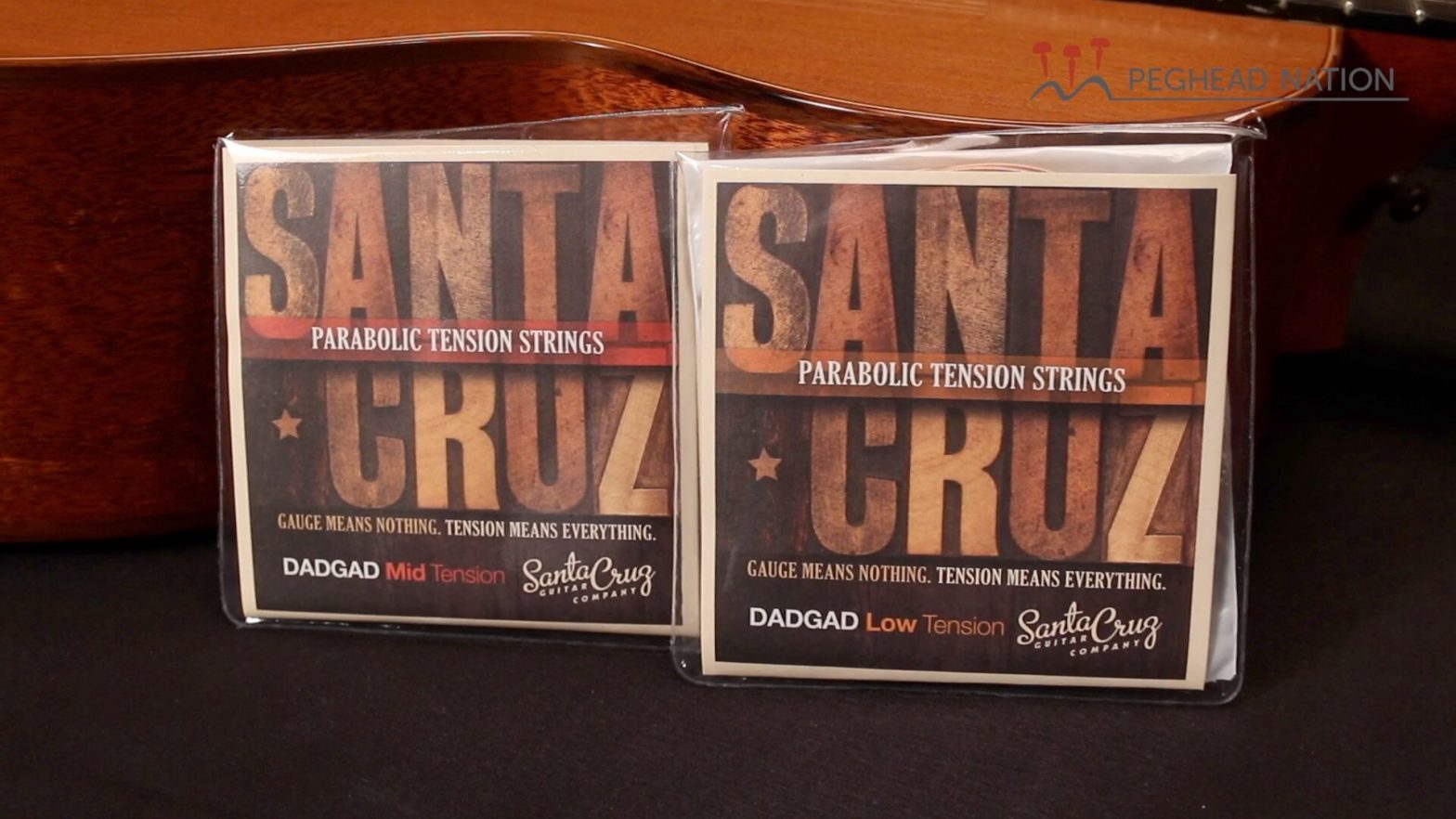 |
Santa Cruz DADGAD StringsThe latest set of Santa Cruz Parabolic Tension strings is optimized for DADGAD tuning. Read More |
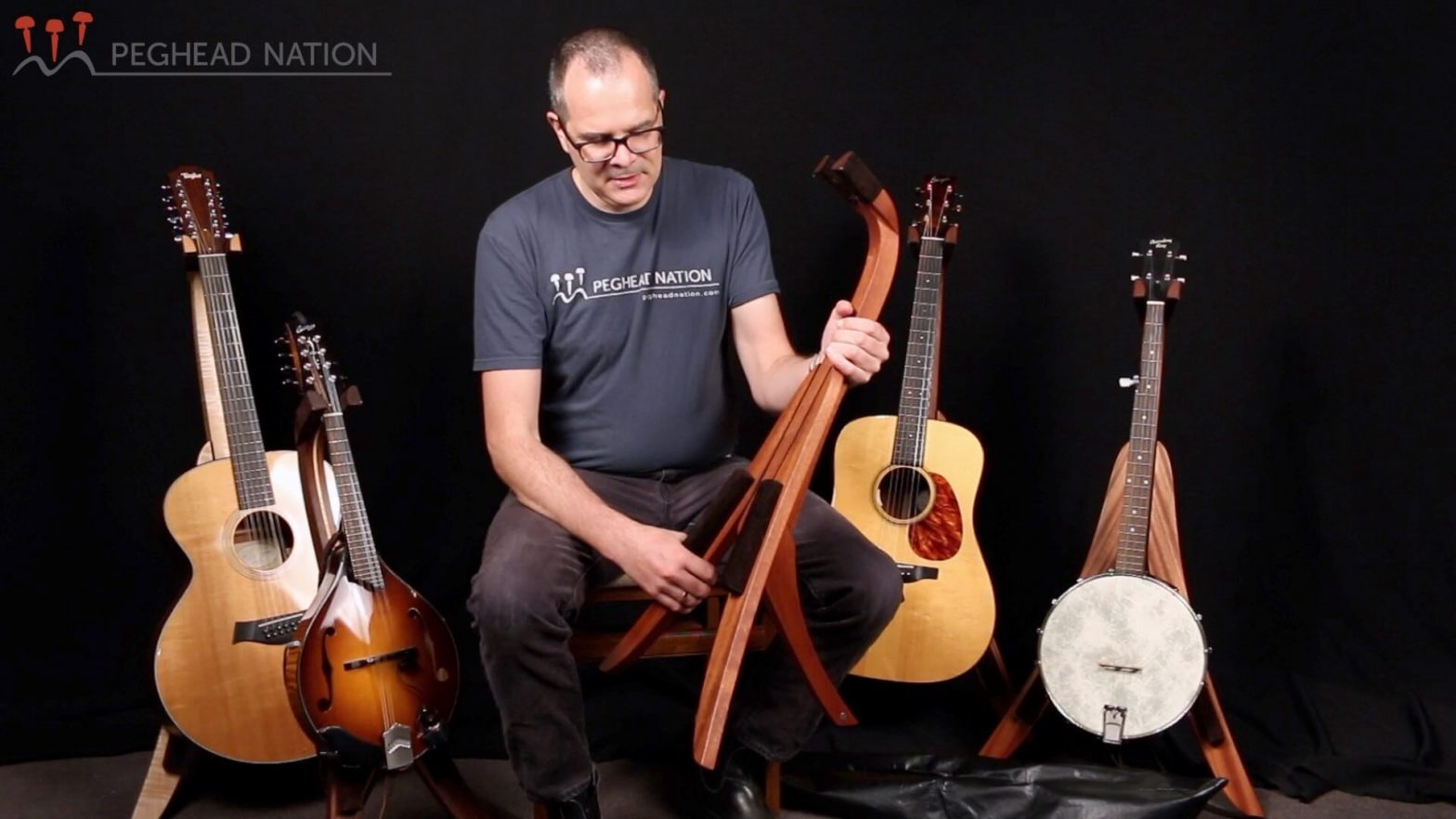 |
Solid Ground StandsSecure instrument stands made from beautiful hardwoods. Read More |
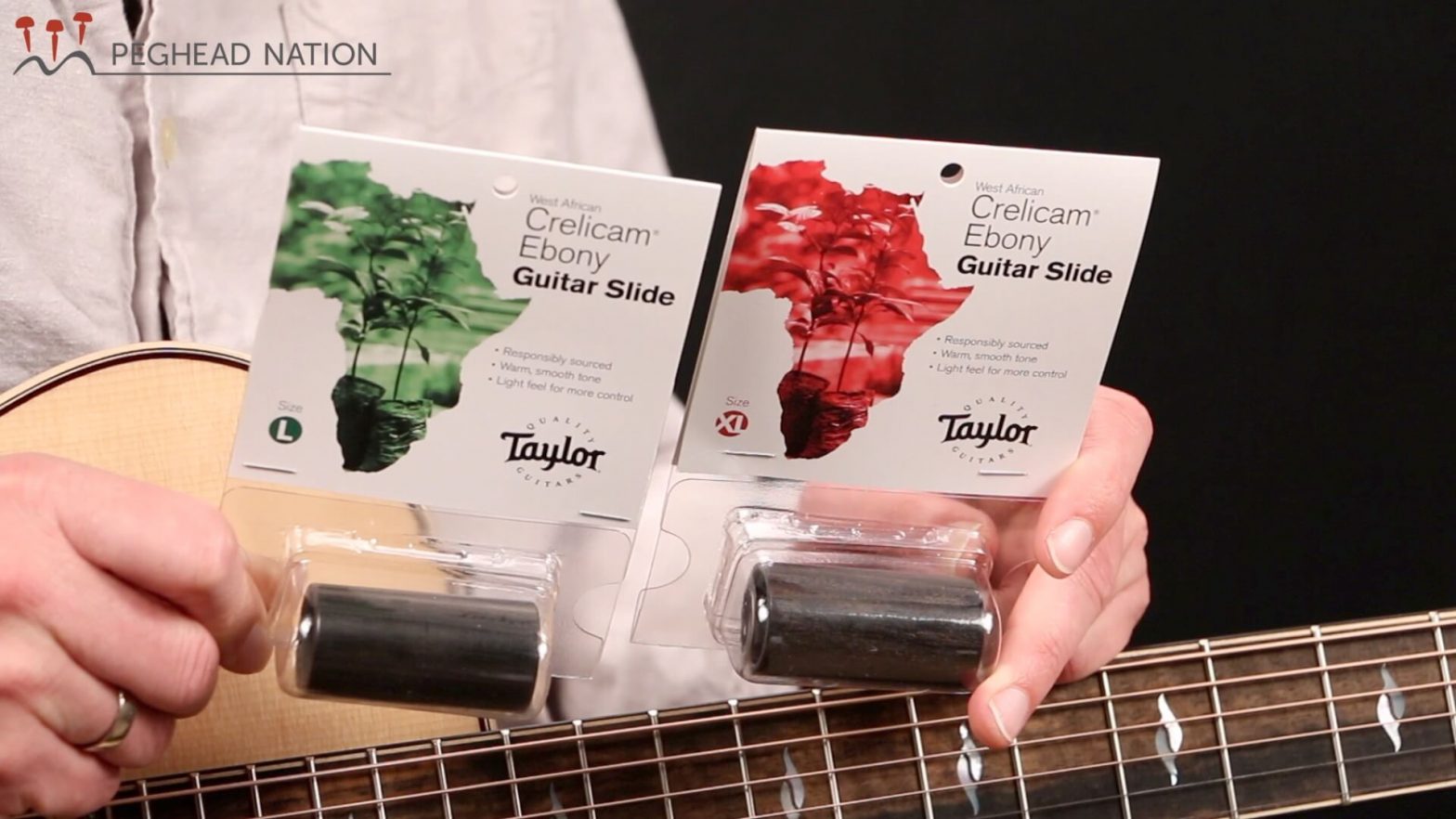 |
Taylor Crelicam Ebony Guitar SlideA wood bottleneck-style slide made in Taylor’s Cameroon sawmill. Read More |
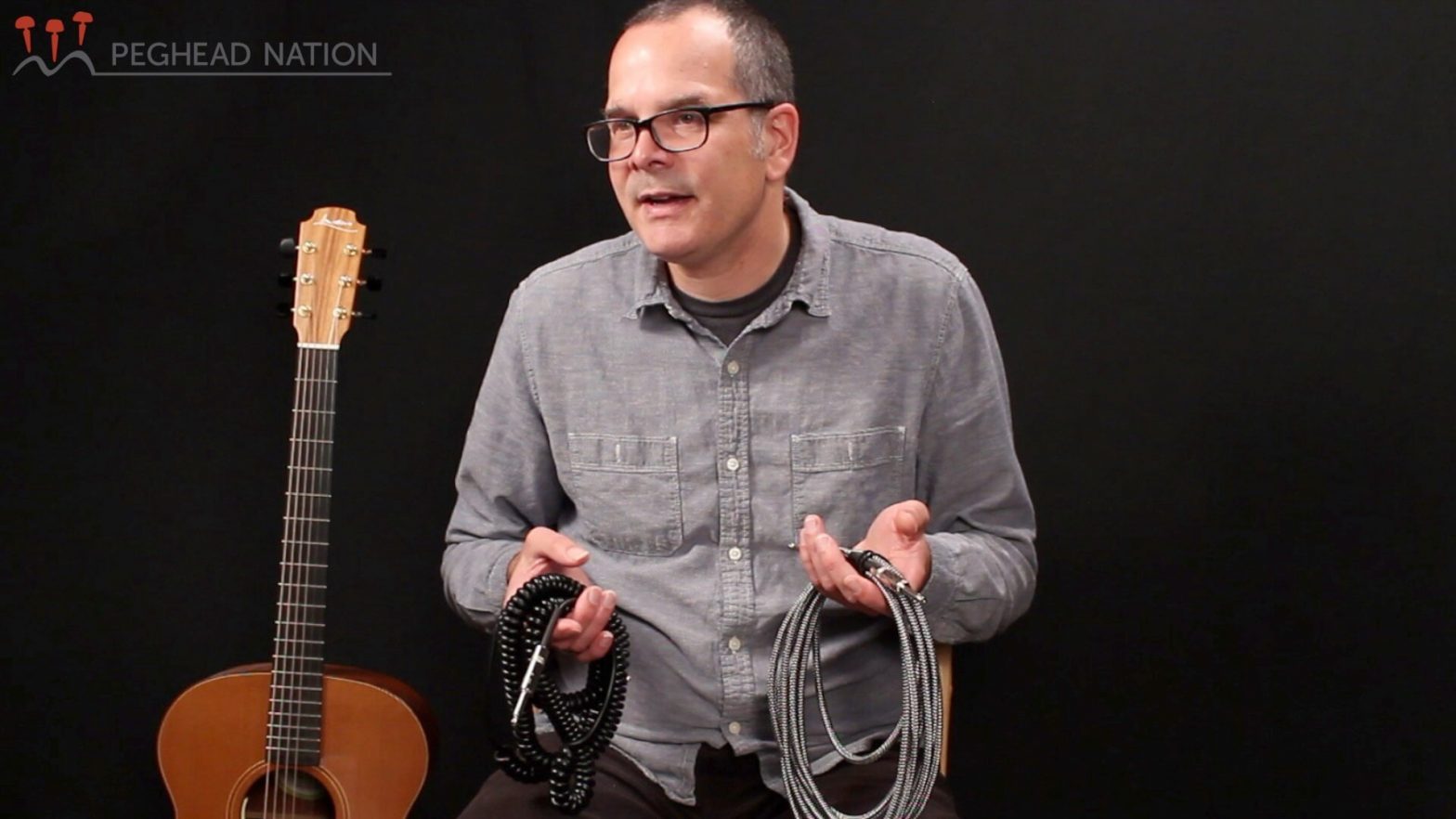 |
New D’Addario Instrument CablesD’Addario adds the Braided Instrument Cable and Coiled Instrument Cable to its line of high-quality cables. Read More |
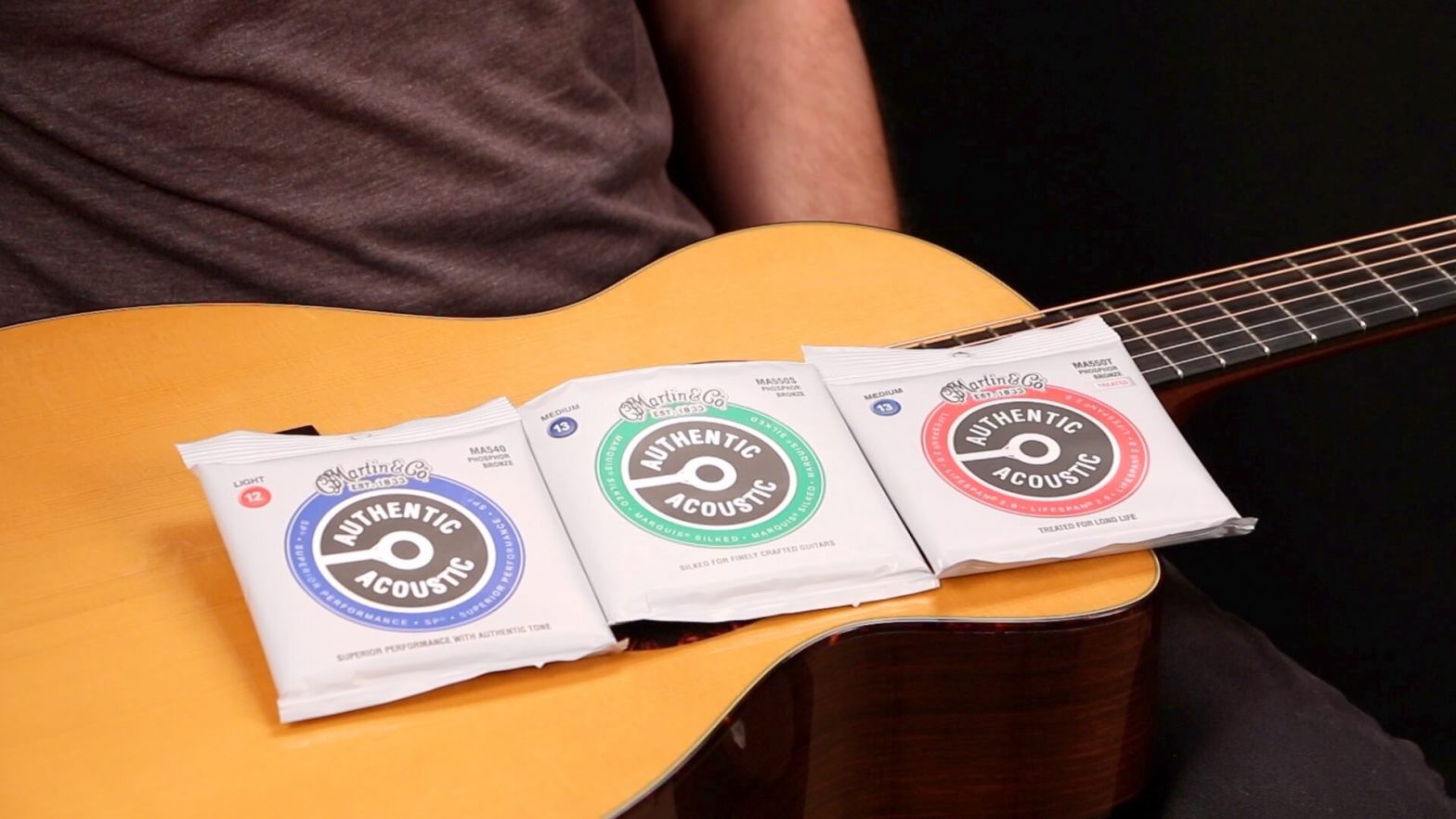 |
Martin Authentic Acoustic StringsMartin’s newest strings use tin-plated trebles and core wires. Read More |
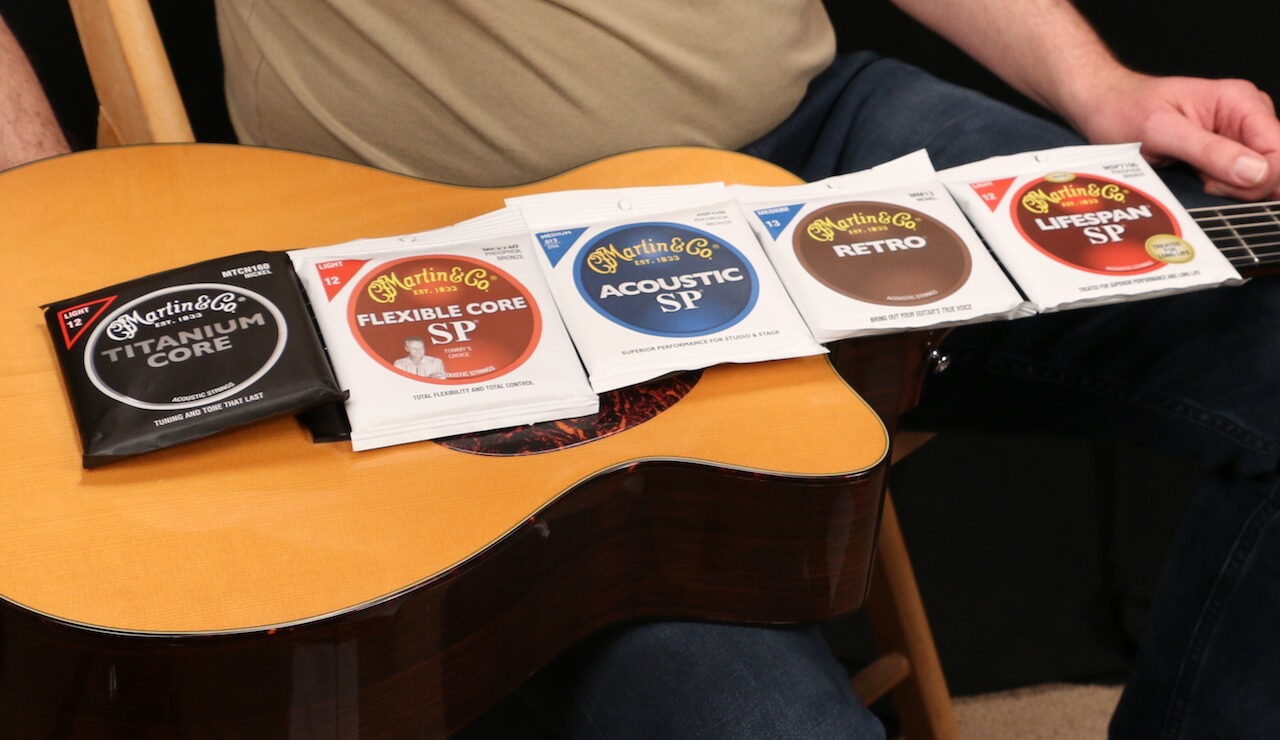 |
Martin StringsA look at Martin’s Titanium Core, Retro, Acoustic SP, Flexible Core SP, and Lifespan SP strings. Read More |
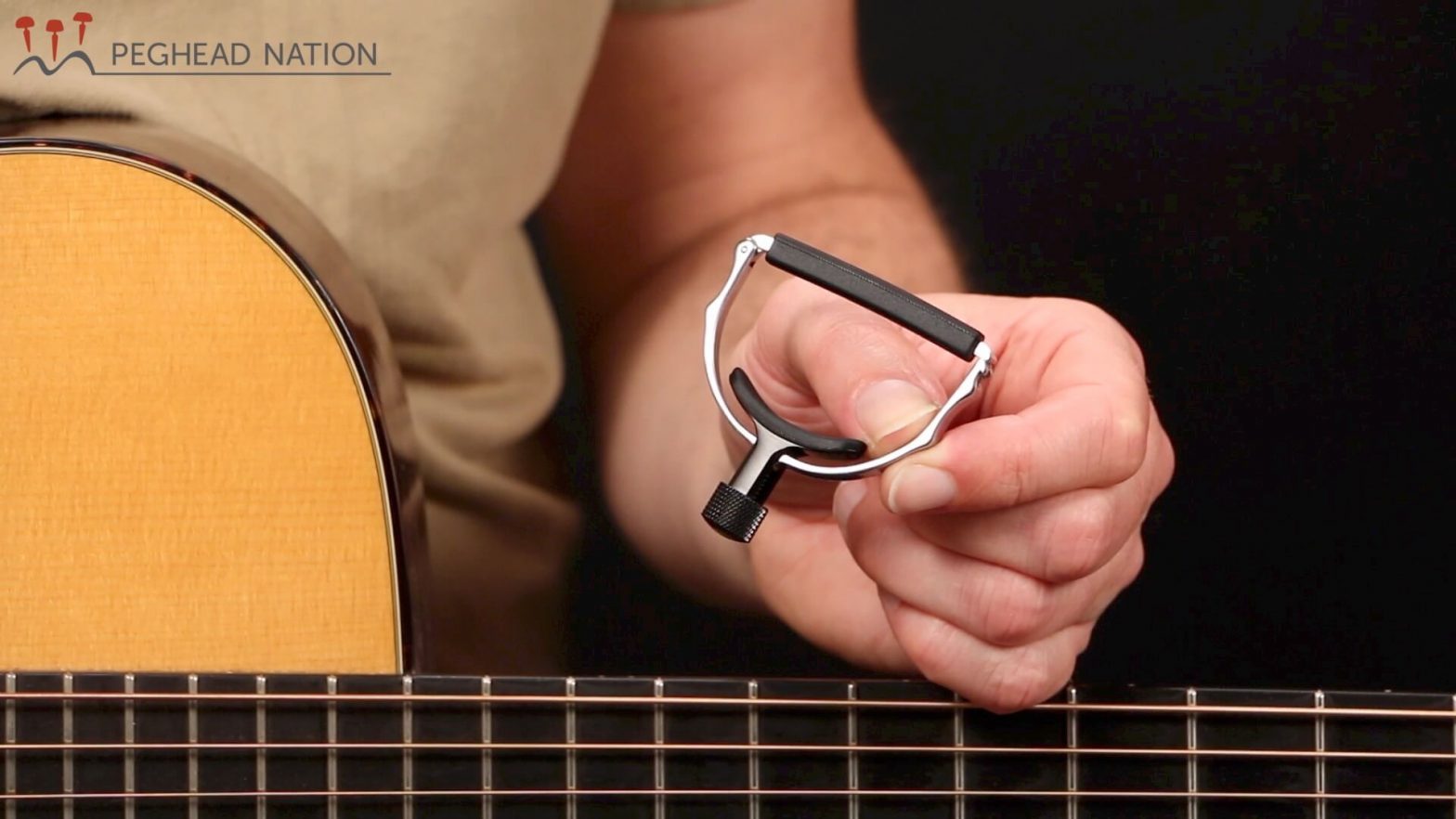 |
D’Addario Cradle CapoCreated in collaboration with Ned Steinberger, D’Addario’s latest capo updates a classic design. Read More |
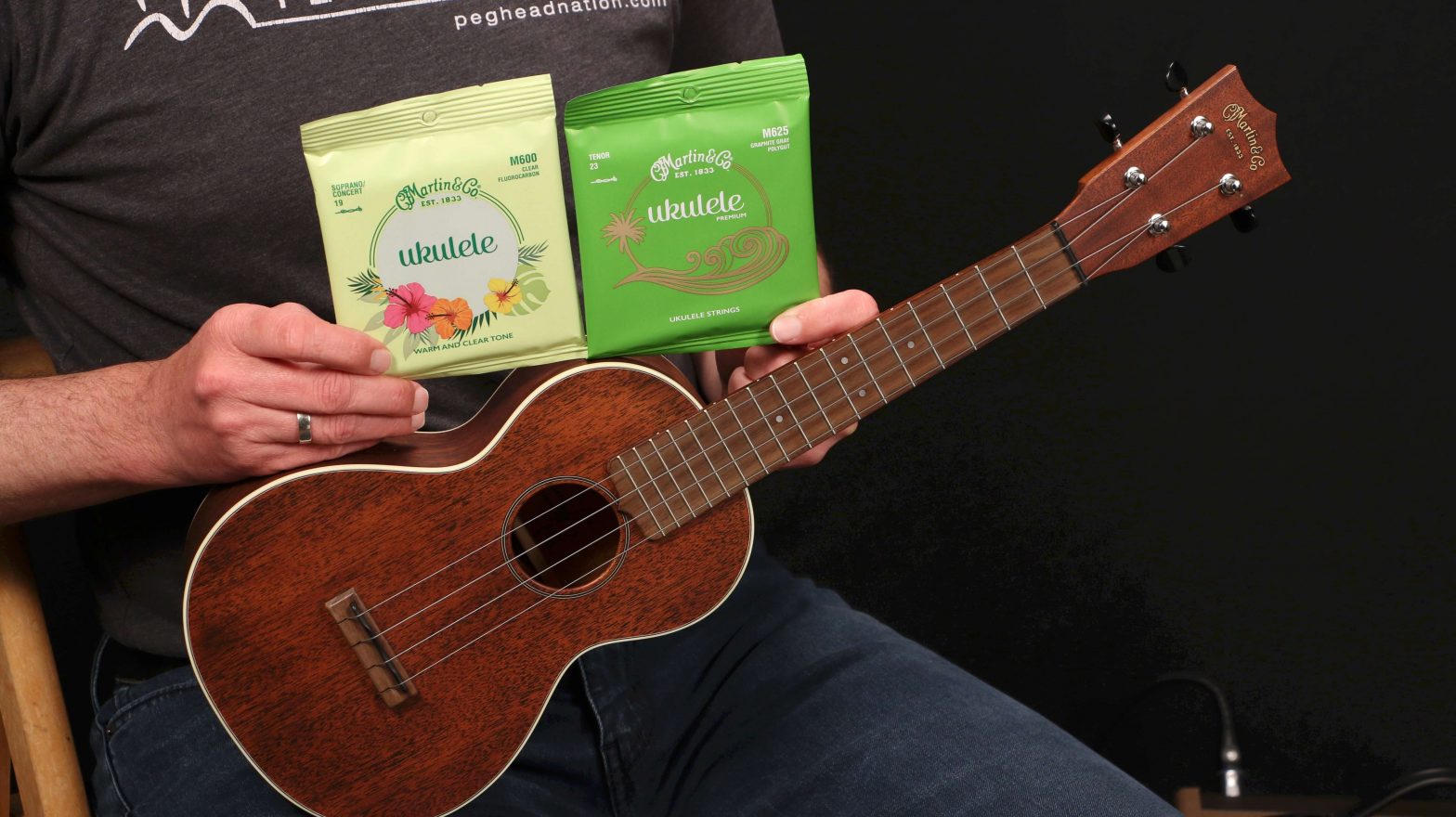 |
Martin Ukulele Strings and 2 Concert UkuleleA look at Martin’s Premium Ukulele and Ukulele Strings and the All-Mahogany 2 Concert Uke Read More |
 |
D’Addario Eclipse TunerD’Addario’s latest clip-on tuner offers great functionality at an affordable price. Read More |
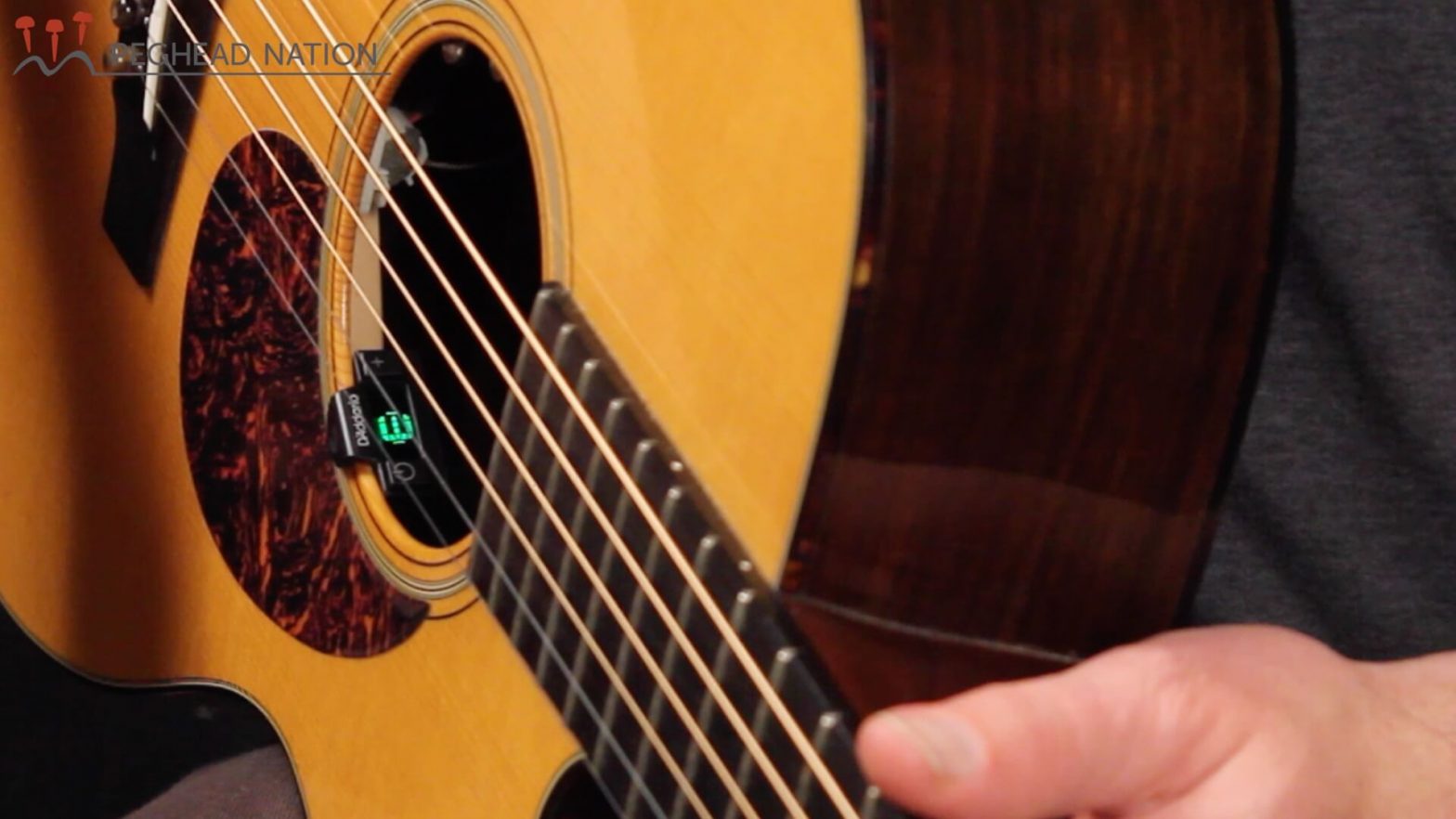 |
D’Addario NS Micro Soundhole TunerThe latest Ned Steinberger–designed tuner clips into the soundhole. Read More |





